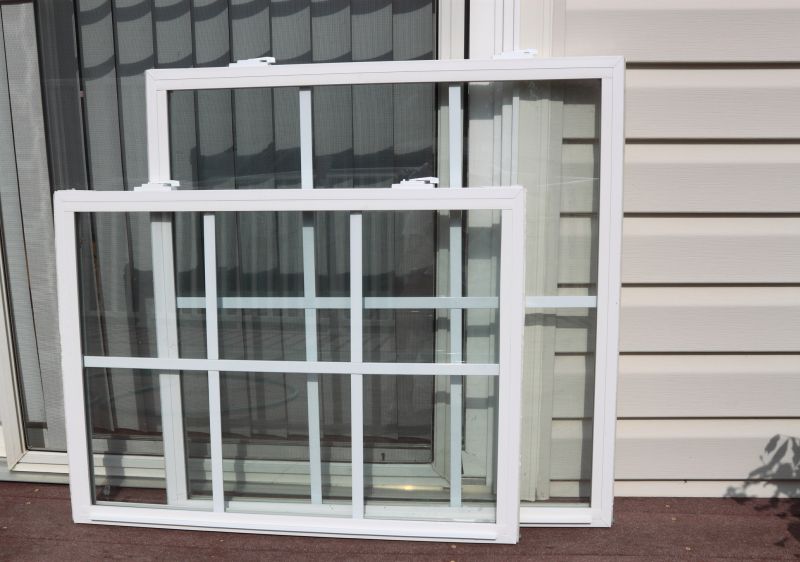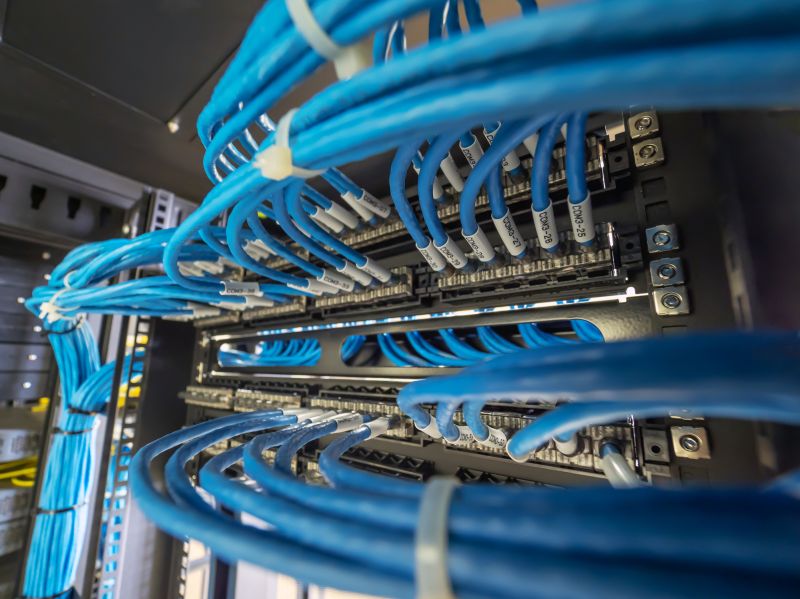Optimal Timing for Windows Installations
Windows installations are a critical process that can impact system performance and security. Timing these installations appropriately can minimize disruptions and ensure optimal operation. Understanding the best periods for installing or upgrading Windows can help avoid conflicts with other IT activities and reduce downtime.
Spring and fall are generally ideal times for Windows installations due to lower business activity, allowing for smoother updates and fewer interruptions.
Scheduling during busy months, such as holiday seasons or fiscal year-end, can lead to operational disruptions and delays in completing installations.
Perform installations during periods when hardware and network resources are less taxed to ensure smoother processes and better performance.
Major Windows updates are often released in the spring and fall, making these times suitable for comprehensive system upgrades.

Image depicting a technician performing a Windows installation.

Image illustrating a calendar with optimal installation periods highlighted.

Diagram showing steps in a Windows upgrade process.

Image of hardware components being prepared for installation.

Ways to make Windows Installations work in tight or awkward layouts.

Popular materials for Windows Installations and why they hold up over time.

Simple add-ons that improve Windows Installations without blowing the budget.

High-end options that actually feel worth it for Windows Installations.
| Best Time for Windows Installations | Key Considerations |
|---|---|
| Spring and Fall | Align with major Windows update releases for better support. |
| Avoid peak business seasons | Minimize operational disruptions. |
| Before critical projects | Allow time for testing and troubleshooting. |
| During low network activity | Reduce potential conflicts and speed up the process. |
| Hardware upgrade periods | Ensure compatibility and performance. |
Windows installations require careful planning to ensure system stability and security. Proper timing can help avoid conflicts with ongoing operations and reduce the risk of data loss or downtime. Regular updates and upgrades contribute to maintaining system integrity and performance.

Notification prompting for Windows update.

User verifying hardware compatibility before installation.

Screen showing system settings after Windows installation.

Optimizing network settings post-installation.

Preparing data backups prior to system upgrade.

Monitoring system performance after installation.
Interested in scheduling a Windows installation? Fill out the contact form to get started.




